Smart Moscow: How technology transforms urban living
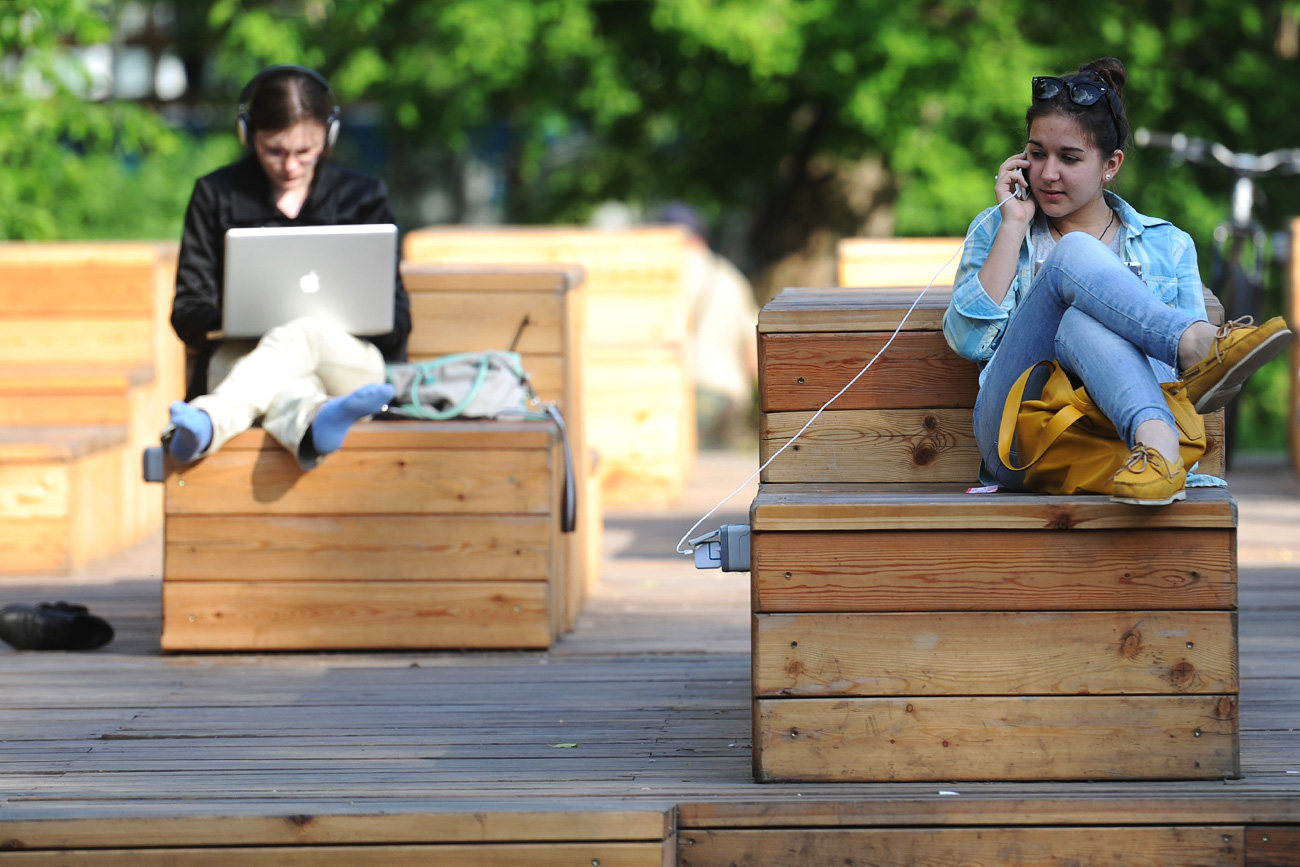
People in the Gorky Park of Recreation and Leisure.
Kirill Kallinikov/RIA Novosti1. Free Wi-Fi for all passengers
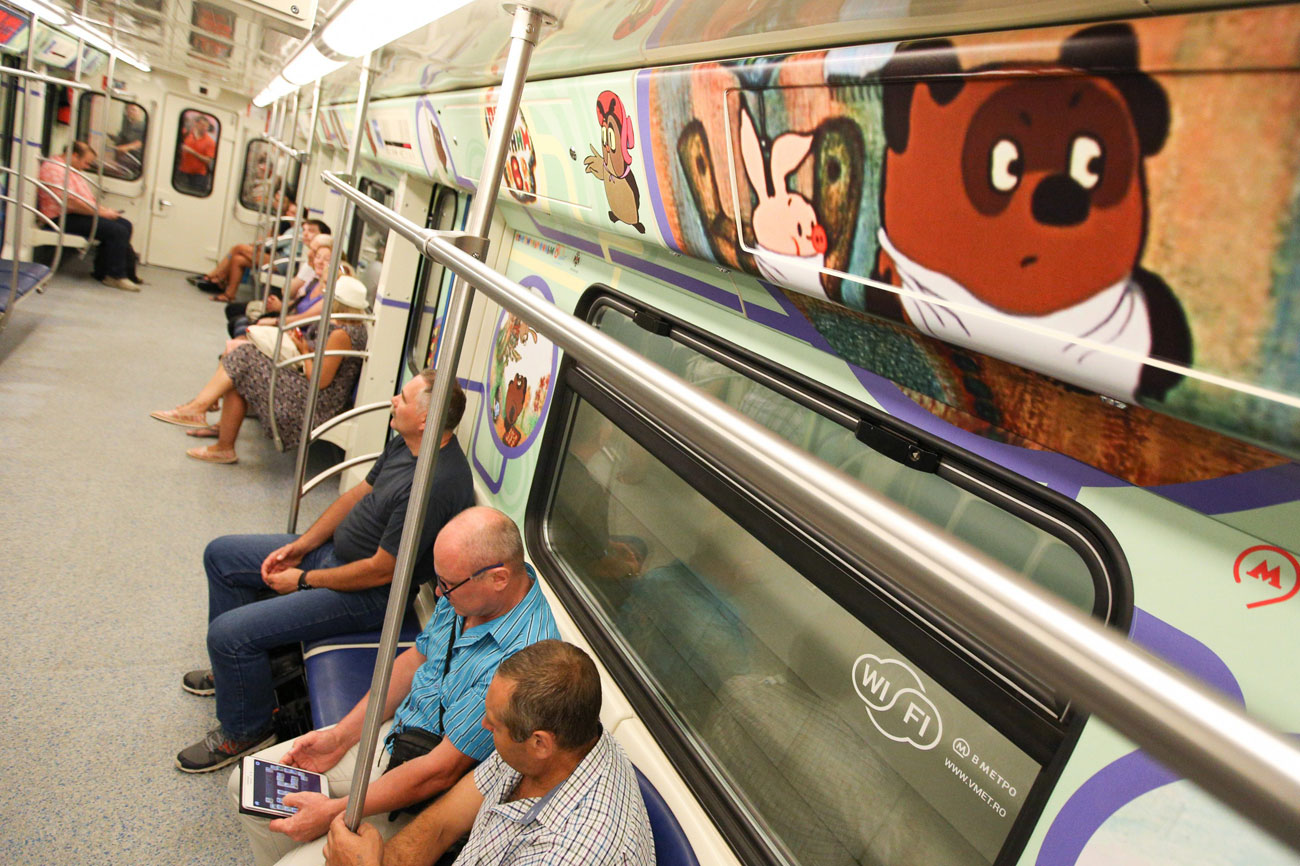 The Soyuzmultfilm train. / Photo: Kirill Zykov / Moskva Agency
The Soyuzmultfilm train. / Photo: Kirill Zykov / Moskva Agency
Muscovites can no longer imagine urban life without free wireless Internet on the metro. In fact, Wi-Fi has been available on the city's underground transportation system since 2013, but now it has merged into a single network with a similar system on public ground transportation. Thanks to this, users no longer need to register in the network several times (accessing free Wi-Fi networks requires registration in Russia). Free wireless Internet is available in 24 parks across Moscow, including VDNKh, Gorky Park, Victory Park, Moscow Zoo, and Tsaritsyno.
2. App to navigate Moscow public transportation
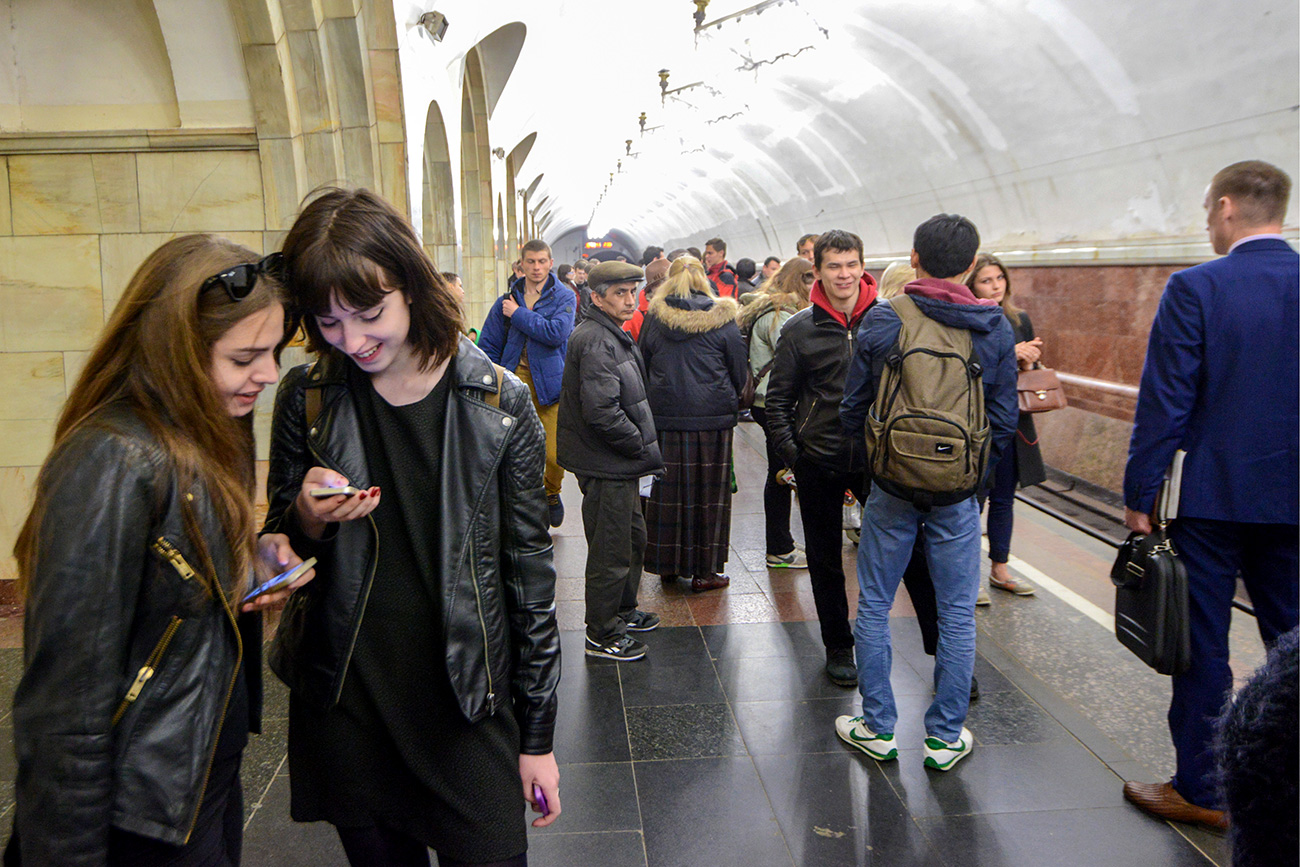 You can plan your journey on all forms of public transportation with the Moscow Metro app. / Photo: Nikolai Galkin/TASS
You can plan your journey on all forms of public transportation with the Moscow Metro app. / Photo: Nikolai Galkin/TASS
Thanks to the Moscow Metro mobile app, which is available in Russian and English, you can plan your journey on all forms of public transportation (including the Moscow Ring Railway, commuter trains, and Aeroexpress trains that link the city with its three airports). The app also calculates fares, which is especially convenient for tourists. You can use Moscow Metro to top up your Troika transport card, view the history of payments, find park-and-ride facilities near metro stations, and see if there are vacant spots to park your car. The app offers information about Moscow's main sites and helps you plot your itinerary around the city.
3. Paying fares with your smartphone
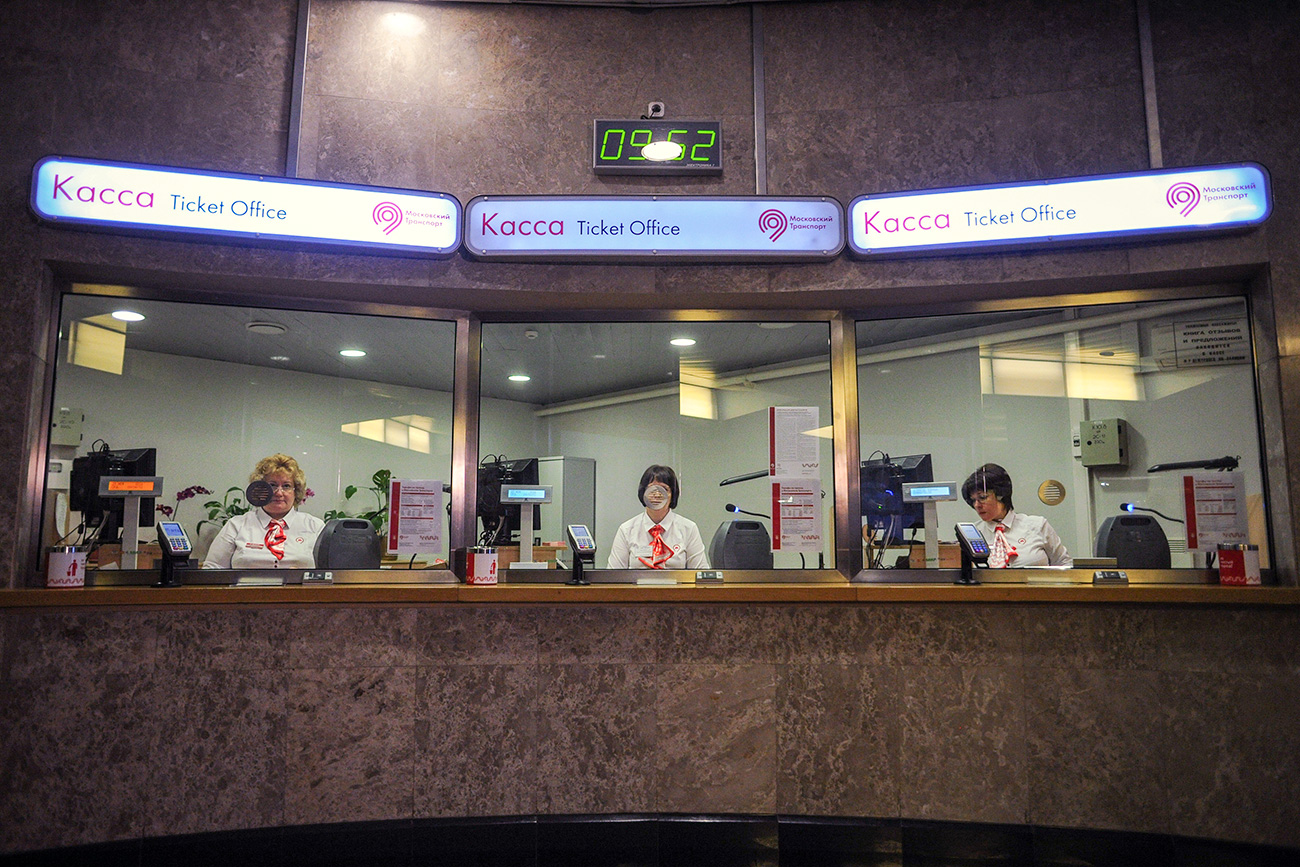 You can pay travel fares using your smartphone. / Photo: Andrey Lubimov/Moskva Agency
You can pay travel fares using your smartphone. / Photo: Andrey Lubimov/Moskva Agency
Smartphone owners can also pay travel fares via Samsung Pay and Apple Pay. Since late 2016, this system has been available at all Ring Railway stations and at 80 metro stations across the city. In the future, smartphone-enabled ticket turnstiles will be installed at all Moscow metro stations.
4. Smartphone charging points
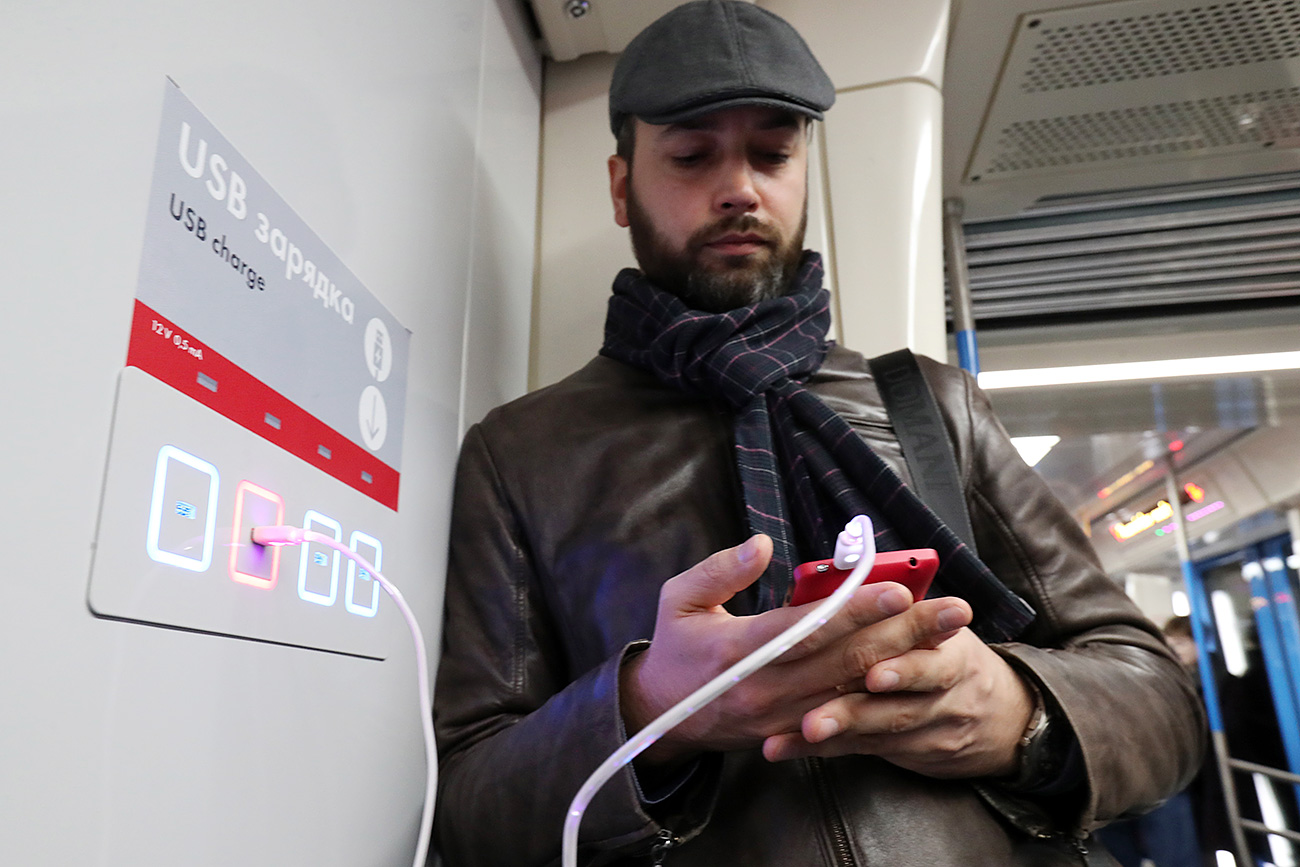 A passenger charging his smartphone on the Moskva train. / Photo: Vyacheslav Prokofyev/TASS
A passenger charging his smartphone on the Moskva train. / Photo: Vyacheslav Prokofyev/TASS
If your smartphone runs out of juice, 27 Moscow metro stations and 16 Ring Railway stations are equipped with gadget charging points. There are also USB charging ports in the carriages of the new Moskva underground trains, which currently travel only along the Tagansko-Krasnopresnenskaya metro line. Moscow's new electric buses will also have USB charging points, but it's not certain when such vehicles will be on the road.
5. 'Smart' bus stops
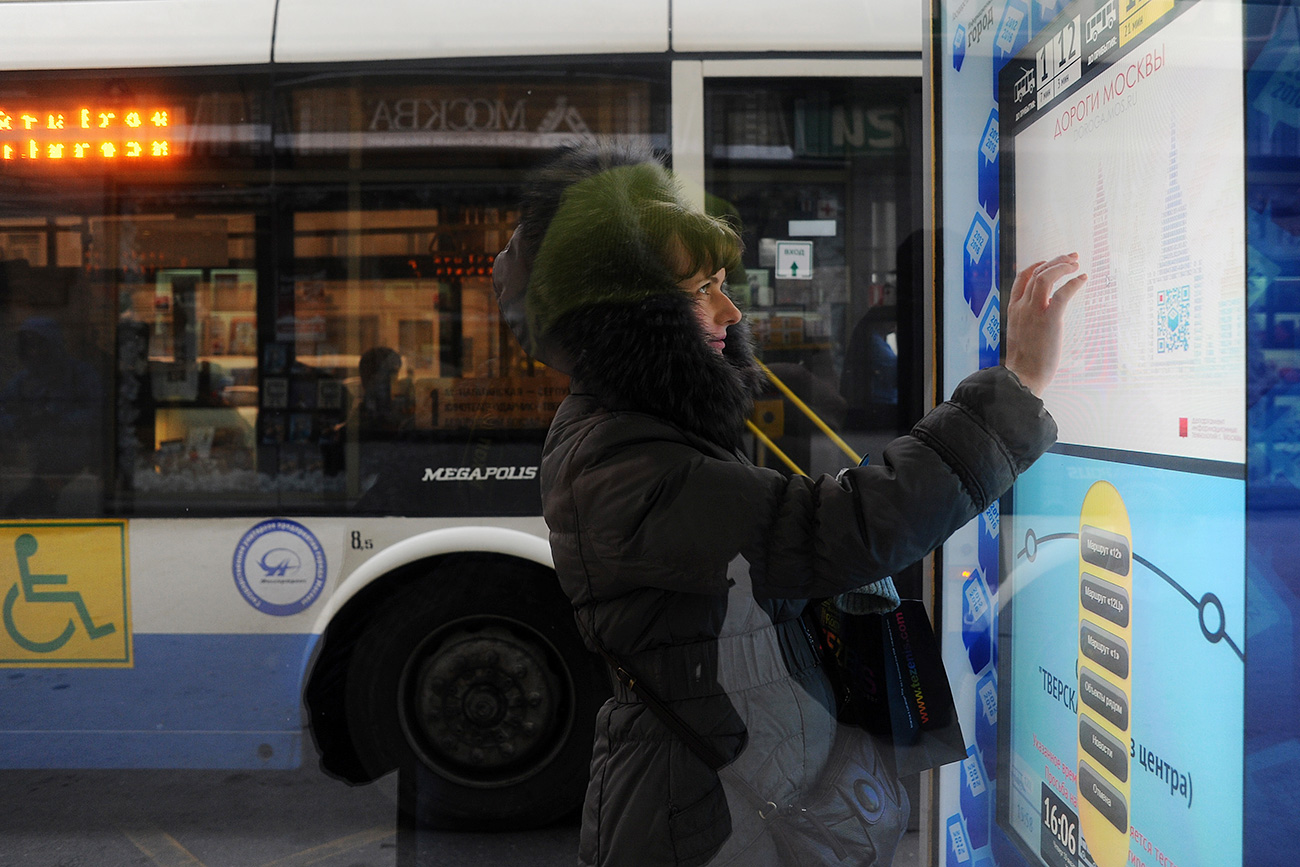 A 'smart' bus stop in central Moscow. / Photo: Sergei Karpov/TASS
A 'smart' bus stop in central Moscow. / Photo: Sergei Karpov/TASS
Since late 2016, “smart” bus stops have been operating in central Moscow and along its primary thoroughfares (Kashirskoye, Volgogradskoye, Varshavskoye, and Ryazanskoye highways). These are fitted with USB charging ports for smartphones and tablets, Wi-Fi hotspots, electronic timetable screens, alarm buttons, and information touchscreens that you can use to look up the nearest restaurants, cafes and bank branches, and also for emergency phone numbers. The booths are equipped with tempered glass screens to protect waiting passengers from the wind. They have ceiling lighting, and ticket machines are installed nearby.
6. Car sharing just a click away
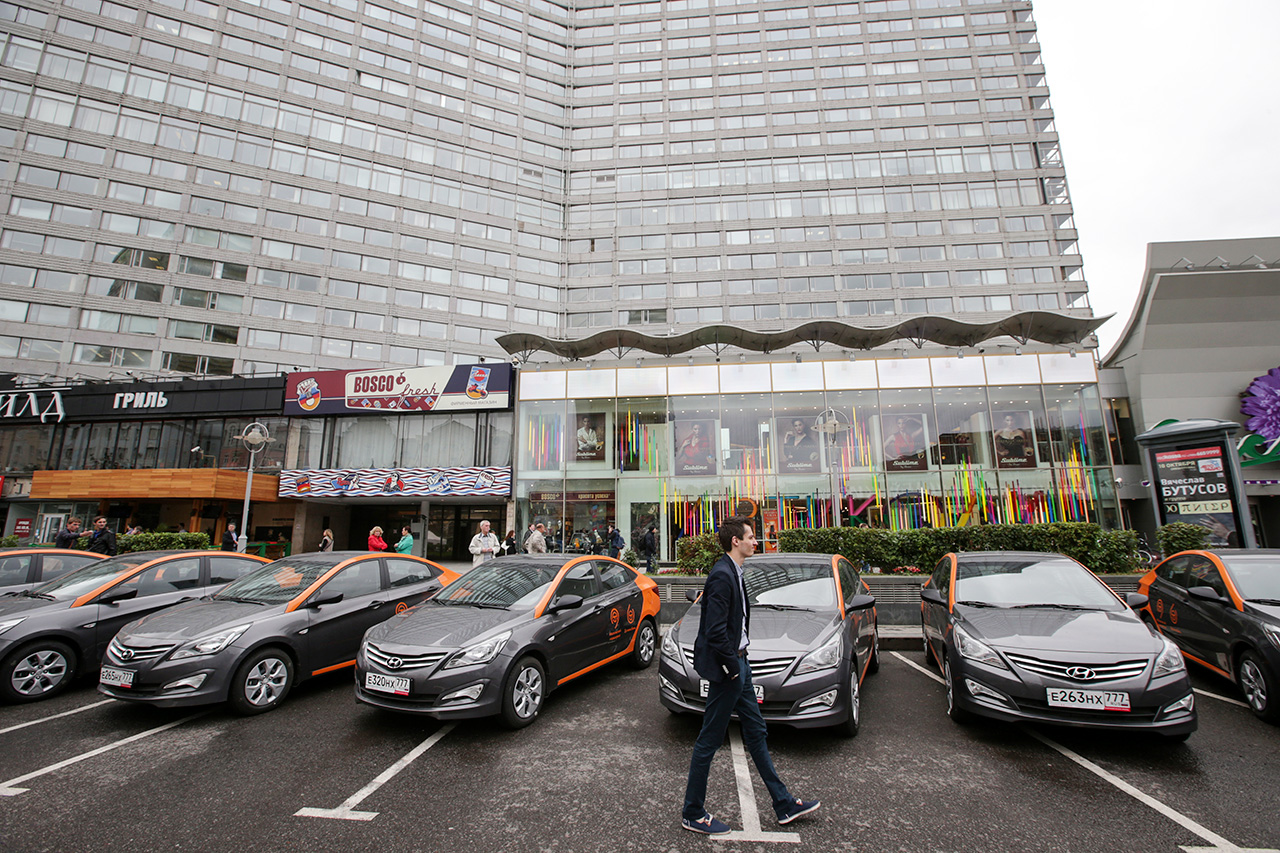 Cars in a parking lot of the Moscow car sharing in Novy Arbat Street. / Photo: Artyom Geodakyan/TASS
Cars in a parking lot of the Moscow car sharing in Novy Arbat Street. / Photo: Artyom Geodakyan/TASS
Short-term car rental services are gaining popularity in Russia, and there are already five car-sharing providers in Moscow: Anytime, YouDrive, Delimobil,BelkaCar, and Car5. To rent a car, download the relevant car-sharing app to your Android or IOS smartphone, take photographs of your passport and driving license, and upload them to the app; then register your bank card in the system. User data are normally processed within a couple of hours, after which you can use the app to book the car nearest to you and fill the gas tank at the provider's expense. Once you finish driving you can leave the car at any parking lot in Moscow, including paid ones. Delimobil is planning to start operating environmentally friendly electric cars by 2018.
7. Alternative energy for the Internet
 People in the Gorky Park of Recreation and Leisure. / Photo: Kirill Kallinikov/RIA Novosti
People in the Gorky Park of Recreation and Leisure. / Photo: Kirill Kallinikov/RIA Novosti
Since 2012, lighting in Moscow parks has been provided via lampposts powered by solar batteries or, to be more exact, by light panels that do not require bright sunlight to generate electricity; normal daytime lighting is enough for them. In addition, solar power generates an Internet connection in Izmailovo park, with the Wi-Fi router powered by five light panels each measuring 1.5 square meters in area.
Read more: Why the new 'Moscow' metro train is being called the best
If using any of Russia Beyond's content, partly or in full, always provide an active hyperlink to the original material.
Subscribe
to our newsletter!
Get the week's best stories straight to your inbox